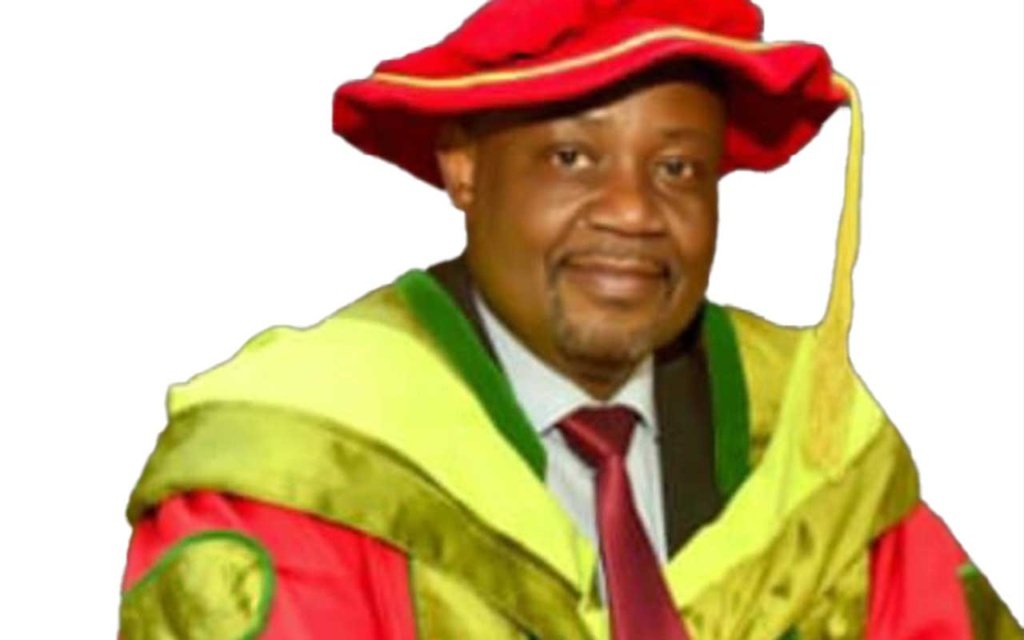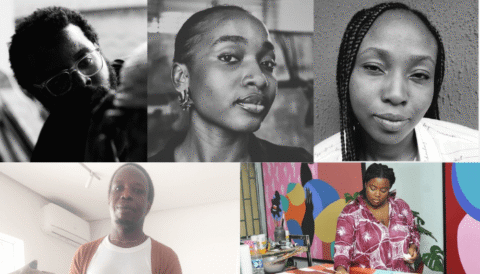A distinguised scholar of Theatre and Media Scenography at the University of Calabar (UNICAL), Professor Esekong Andrew-Essien, has urged the government to harness the power of visual and performing arts to drive development communication, stimulate economic growth, and foster social transformation in the country.
Professor Andrew-Essien made the call while delivering UNICAL’s 143rd Inaugural Lecture at the Godswill Akpabio International Conference Centre. He stated that developing skilled manpower in the arts is essential for producing high-quality messages capable of shaping behaviour and inspiring change.
According to him, art has too often been stereotyped as mere decoration. He explained that art brings people together through festivals; carnivals, theatre shows and exhibitions, and this energy can be channelled into communication and transformation.
Speaking on the topic Creative Convergence: Leveraging the Intersections of Visual and Performing Arts for Development Communication and Social Change, Andrew-Essien highlighted the potential of combining visual, performative and electronic media strategies to enhance communication impact. He unveiled a new framework, the Compacted Multi-Media Model (CM3), designed to integrate these elements for greater effectiveness.
He stressed that building capacity in the arts requires more than basic skills. Training curricula, he argued must be revamped and supported with qualified personnel, modern tools and updated facilities. Continuous knowledge upgrades and broad sensitisation on art appreciation, he added, would help students and professionals create messages that resonate with diverse audiences.
Andrew-Essien also underscored the importance of a human-centred approach, explaining that collaboration, feedback and iteration based on user needs are essential for producing visual and performative messages that lead to sustainable outcomes.
“Art transcends language and culture,” he said. “It is an instrument that can cut through barriers, communicate ideas powerfully and spur action.”
Beyond its communicative strength, he pointed to the arts as a driver of economic growth through tourism, job creation and innovative industries at local and global levels.
The scholar expressed concern over a recent directive by the National Universities Commission transferring departments of Fine and Applied Arts from the Faculty of Arts to the Faculty of Environmental Sciences. He described the decision as a blow to the intellectual strength of the humanities and called for its reversal.
Speaking at the event, the Deputy Vice Chancellor (Academic), Professor Tony Eyang, who represented the Vice Chancellor, Professor Florence Obi, commended Professor Andrew-Essien for an in-depth and thought-provoking lecture, describing him as an enlightened and knowledgeable scholar.
The colourful ceremony drew academics, students and stakeholders who applauded the call to reposition art as a strategic force for national progress.
Professor Andrew-Essien is also a renowned artist and carnival designer who has won the float design competition in Carnival Calabar 12 out of 17 times for the Passion 4 Carnival Band. In 2021, the Cross River State Carnival Commission presented him with an award of recognition for his contributions to the growth of Carnival Calabar.


